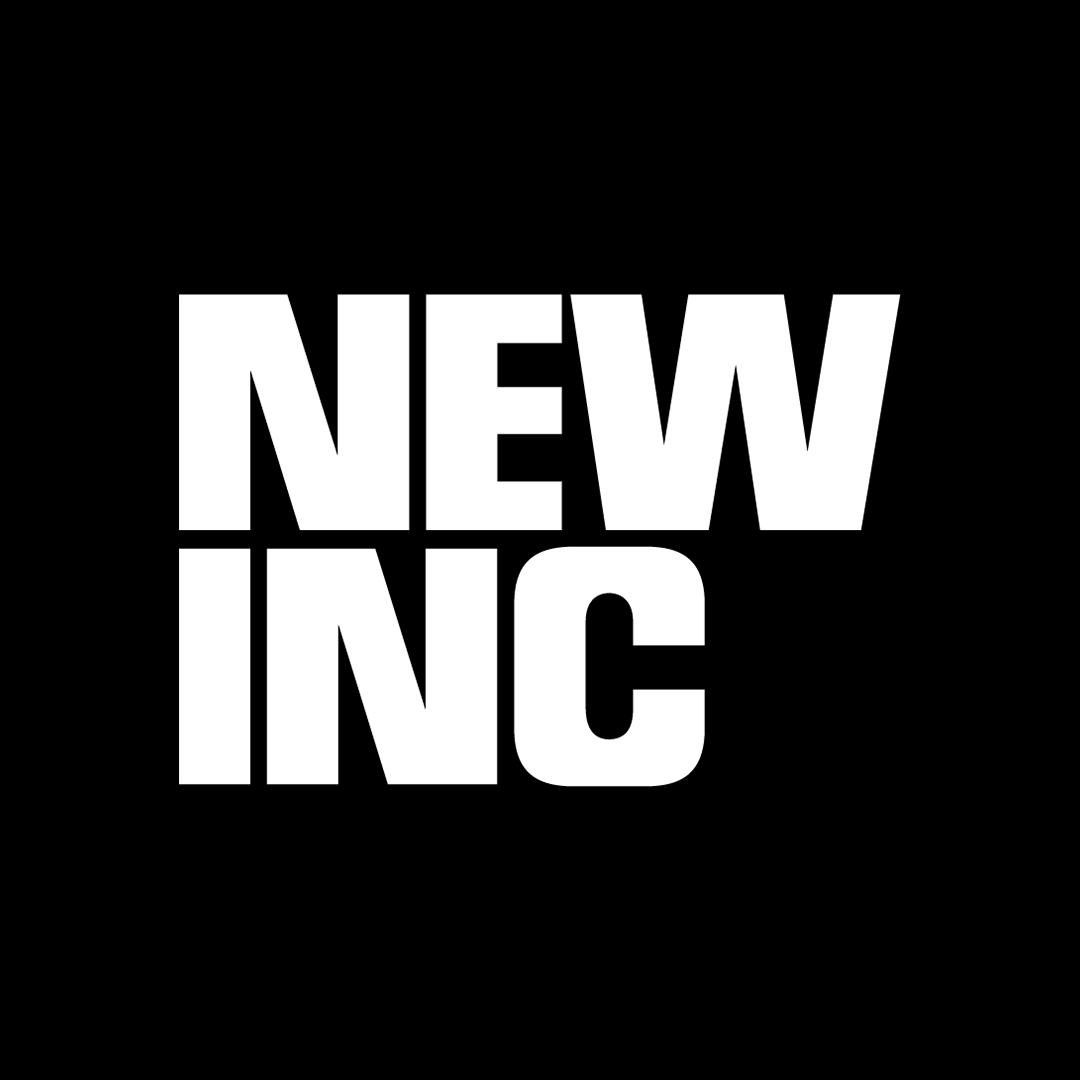Afripedia: Our Mission Is To Unlock Potential African Talent
From Ghana to Kenya, creatives across the continent find a global stage.
Omar Victor Diop, A Moroccan Man (2014). Courtesy the artist.
How do you broadcast the talents of an entire diaspora? The team behind Afripedia have spent the last few years documenting artists toward that end––and the results, which unify a population as diverse as it is dynamic, speak for themselves.
The Stockholm-based multimedia producers showcase creative projects from across the African continent (and beyond). In 2014, the collective launched a five-part documentary series of the same name, which follows the lives of artists in Angola, Kenya, South Africa, Senegal, and Ghana. The films aired on the Swedish television network Kunskapskanalen and Utbildnings Radion, and subsequently screened at international film festivals before getting picked up by Red Bull Studios for distribution.
For many, the influence of an online platform can't be understated. Photographer Omar Victor Diop, one of the artists featured in Afripedia's film in Senegal, explained that in his mind, "the most important media is social media." He continued: "If it wasn’t for that Facebook page, I wouldn’t have believed in myself enough to say 'I’m a photographer.’”
Creative industries have long been mired with questions of misrepresentation and concerns about the absence of diversity at-large. Afripedia brings these issues to a larger audience by illustrating how Africans worldwide are claiming their identities on their own terms with projects that range from fashion, filmmaking, music, and art.
In the interview below, Afripedia's co-founder Senay Berhe talks about what the group has been up to, how they find their artists, and what they have in store.
Trailer for Afripedia: Ghana (2014). Courtesy Afripedia.
1. You launched your first documentary series on Swedish television in 2014. Tell us a little more about the five-part series, and what the reception has been like.
Senay Berhe: The five-part series is about the generation of rising African creative talent that are challenging preconceptions and stereotypes. We captured these creatives in their own environment, in their homes and workplaces. It´s a visual mixtape of emerging visual artists, filmmakers, fashion designers, musicians, photographers, and cultural activists from across Africa: intimate stories, told by African visionary artists who are pushing the boundaries of creative self-expression.
Since its launch, the Afripedia series has travelled to international film festivals, screened at cultural events, and broadcasted on television globally. RedBull Studios recently acquired international broadcasting rights on the series, and the reception from the audience has been overwhelming.
2. Tell us about the challenges you're currently working through at the moment.
The most challenging part for us has been developing a sustainable business model, and finding the right team to be able to grow at the pace that we need. We are currently working on re-defining Afripedia and developing a new launch strategy for the brand and the content that we have produced.
Stocktown Films, Afripedia, Dance Battle 360°, 2016. Courtesy Stocktown Films.
3. Afripedia's objective to serve as both a platform and a visual guide is ambitious. Can you illustrate how you'd like the company to grow in both capacities?
Our mission is to unlock potential African talent towards the global creative industry, and to develop an online talent booking platform that allows creatives to effortlessly upload their works and for clients to easily find, book, and hire them for jobs anywhere.
4. In the case of a population that's incredibly diverse, and scattered, how do you determine which artists and creatives to showcase?
It wasn’t easy to make the selection for the series because there were so many candidates to choose from, and that’s one of the main reasons why we want to create the online platform now: to be able to showcase more creative talent that, of course, will also be curated. The creatives will have to be vetted to ensure high-quality work.
For the series we chose to highlight and showcase artists that we admire, who are independent, and who we wanted to bring to a wider audience.
5. What's next for Afripedia?
We're going to build the platform and continue to portray talent across Africa and beyond. Our next stops will be Nigeria, South Africa, Kenya, and Brazil.
Author: Adriana Perhamus
Editor: Rain Embuscado



